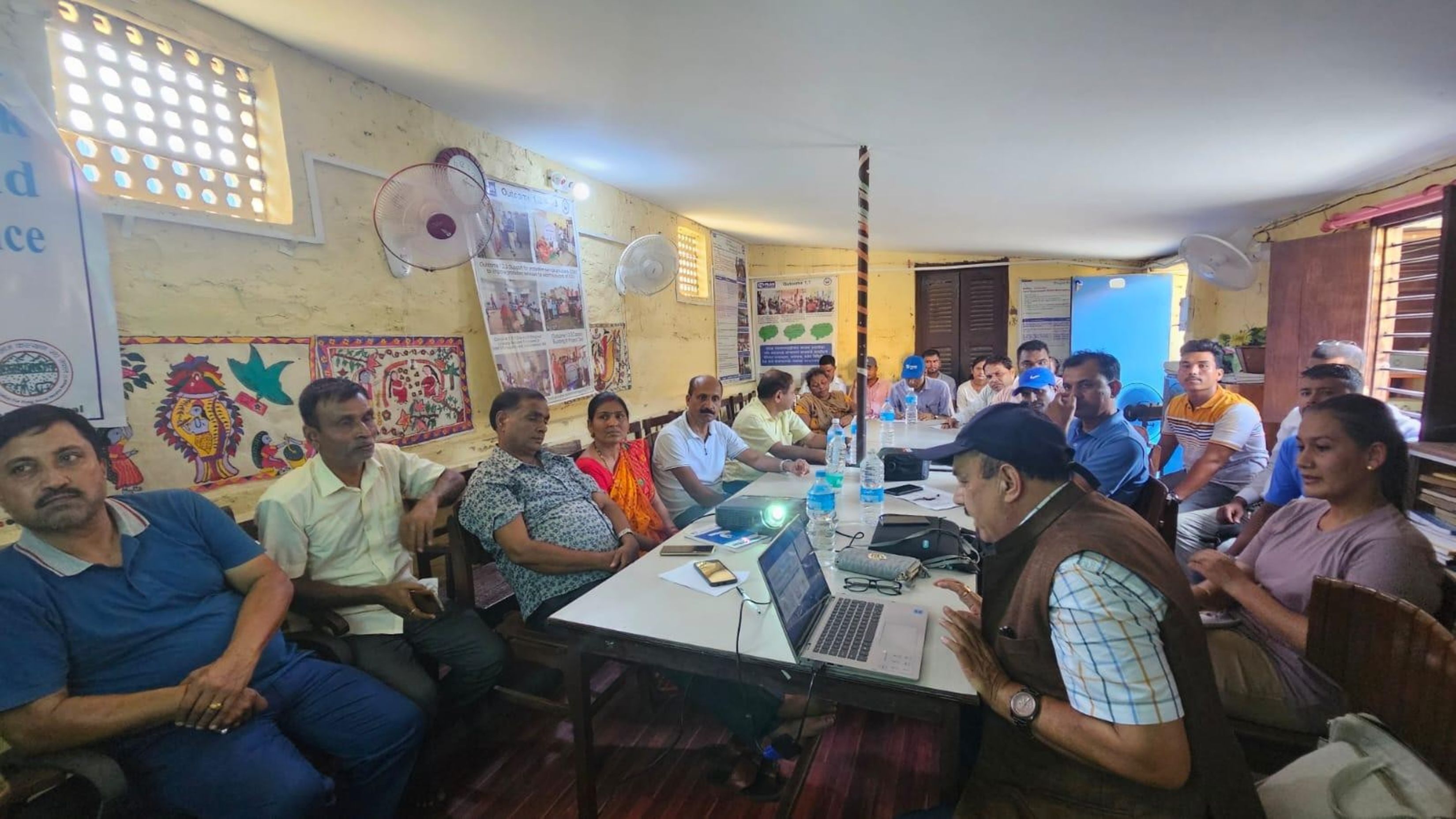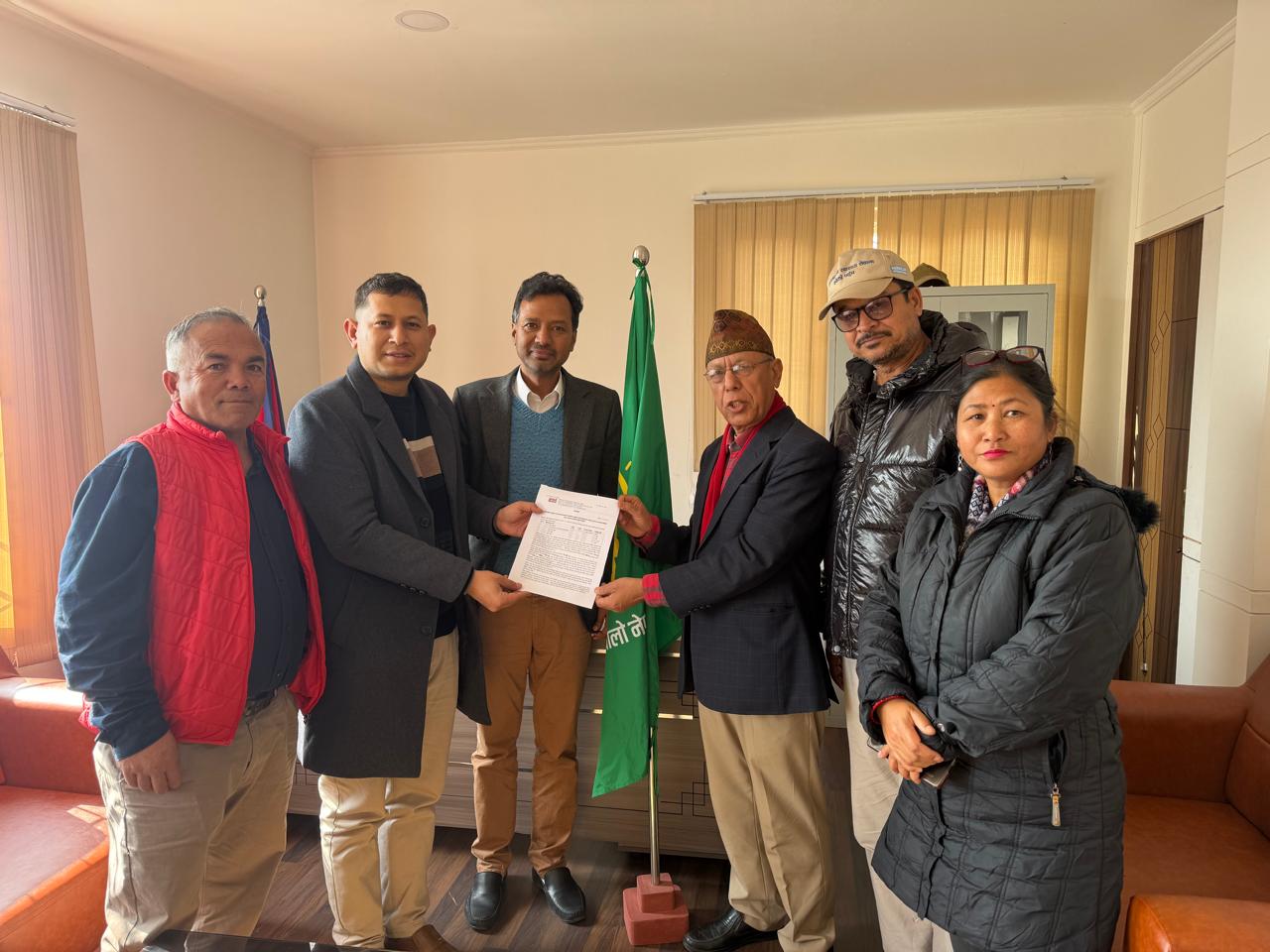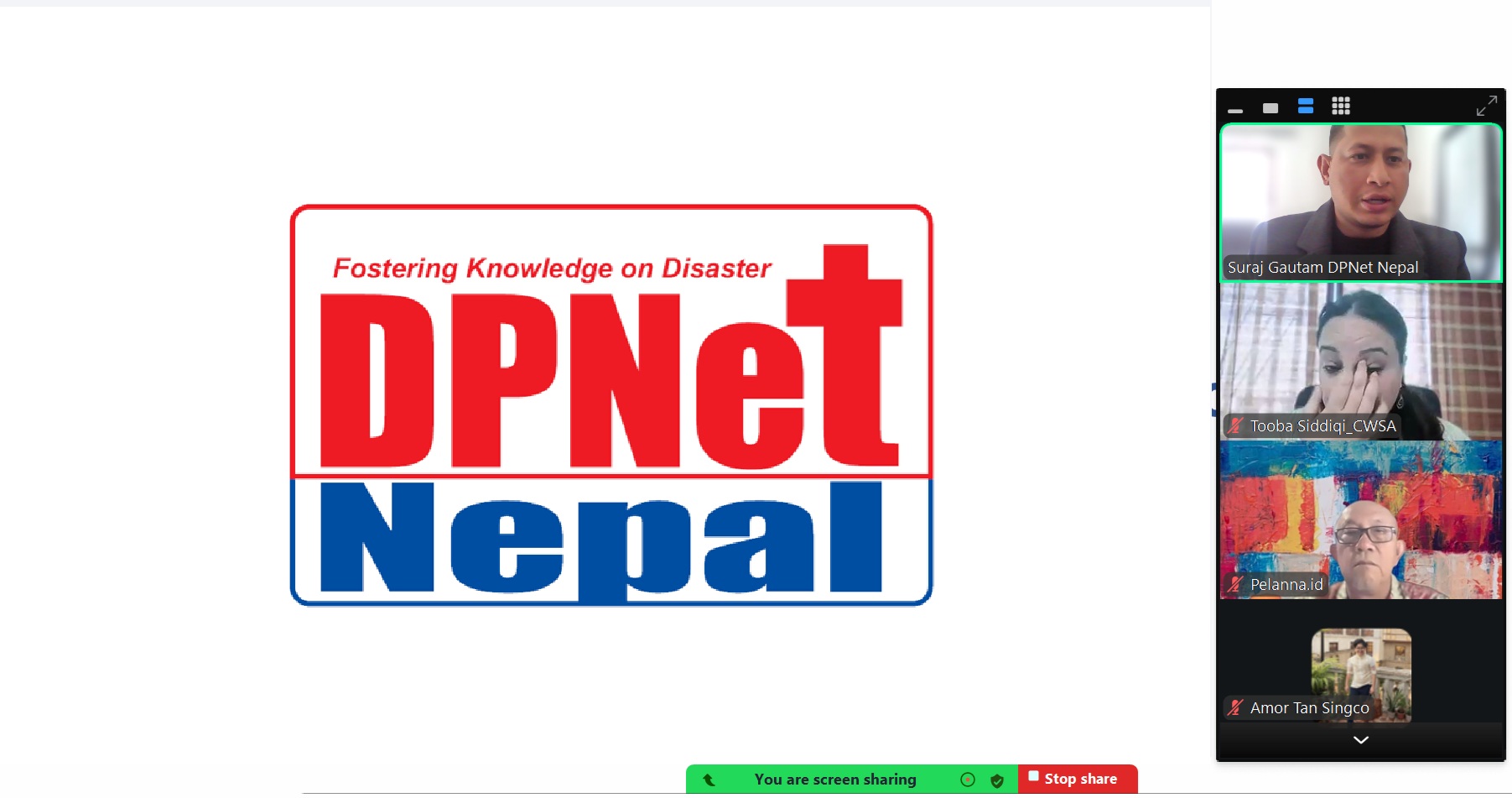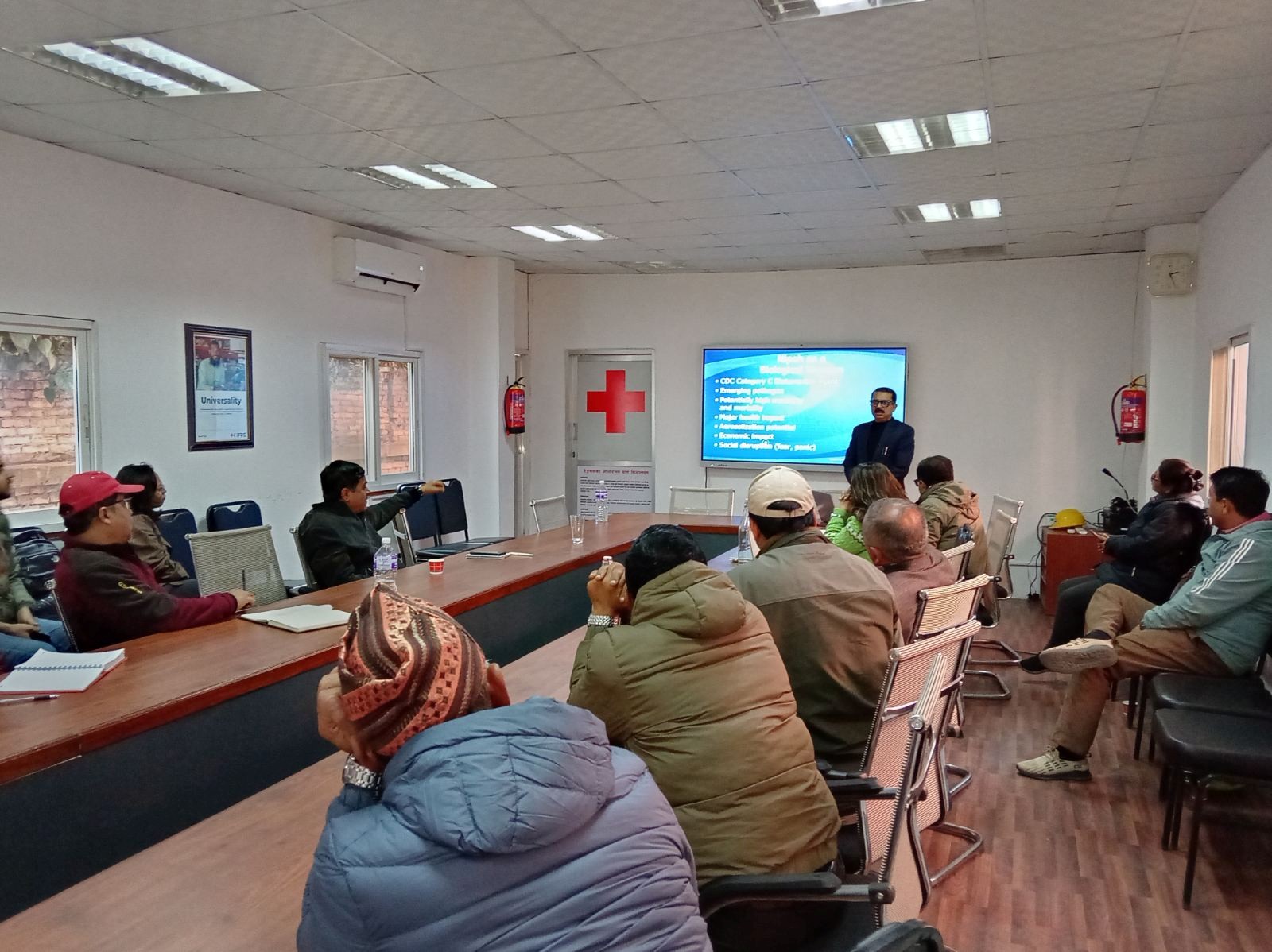Discussion program on "Localizing DRR and Enhancing DRR Governance"

On September 21, 2024, DPNet, DiMaNN, and ARSOW jointly organized a discussion program titled "Localizing DRR and Enhancing DRR Governance" in Janakpur. The event was participated by key stakeholders from various sectors, with the program being chaired by Sanjaya Singh, Chairperson of the NGO Federation Nepal, Dhanusha District. The chief guest for the event was Ram Singh Yadava, former State Health Minister, alongside distinguished attendees such as the Immediate Past President of DPNet and Chair of DiMaNN, IPP of NGO Federation Nepal Mr. Jit Ram Lama as well as other prominent representatives from the NGO Federation Nepal. Mr. Surya Bahadur Thapa has presented and facilitated on DRR Localization and Enhancing DRR Governance.
The primary focus of the discussion revolved around localizing Disaster Risk Reduction (DRR) and enhancing governance in this critical area. Participants emphasized the importance of improving DRR governance at the grassroots level, aiming to empower local communities and social leaders to take a more active role in disaster preparedness and response. The meeting also provided an opportunity to introduce DPNet and DiMaNN, highlighting their roles in the field of DRRM in Nepal, especially in terms of coordination, policy advocacy, and fostering stronger partnerships.
One of the key areas discussed during the program was the National Platform for Disaster Risk Reduction (NPDRR), and its significance in promoting disaster resilience across Nepal. The NPDRR has been important in ensuring multi-stakeholder engagement and driving forward the national agenda on DRR, making it a focal point for policy dialogue at all levels of government.
Several major issues were raised during the discussion. First and foremost was the empowerment of local communities and social leaders. The program highlighted the necessity of building the capacity of these leaders, ensuring that they are equipped with the knowledge and skills to effectively manage disaster risks and contribute to governance. This was coupled with a call for increased budget allocations for DRR initiatives at the local level to ensure that communities have the resources needed to implement their disaster risk management plans effectively.
Policy advocacy and monitoring were also key points of concern, with participants stressing the need for continuous engagement with government bodies to ensure that DRR policies are both effective and properly implemented. The importance of transparency, accountability, and participatory planning in DRR governance was highlighted, emphasizing the role of social audits and public hearings as mechanisms for holding stakeholders accountable and ensuring that DRR efforts are inclusive.
The formulation of multi-stakeholder platforms for effective coordination, collaboration, and networking was seen as importatn for fostering partnerships and ensuring that efforts are not duplicated but instead harmonized for maximum impact. Integrating DRR into broader development planning was also discussed, ensuring that disaster resilience becomes an integral part of the overall development agenda in Nepal.
Other key points included the importance of social inclusion in DRR efforts, ensuring that marginalized and vulnerable groups are not left behind in disaster preparedness and response planning. There was also a strong emphasis on the need for feedback mechanisms to enhance communication between communities and local government, allowing for real-time feedback on disaster response and preparedness measures.
The program provided a comprehensive platform for discussion on strengthening local governance in DRR, with a strong focus on building capacity, enhancing coordination, and ensuring accountability at all levels of disaster management. Participants expressed their commitment to continuing to work towards these goals, with the hope of fostering more resilient communities across Nepal. Participants expressed that the program was quite interesting and useful, and suggested that similar programs should be continued in the future. Participants also suggested organizing similar programs with the involvement of the government.











